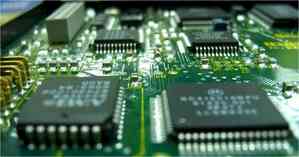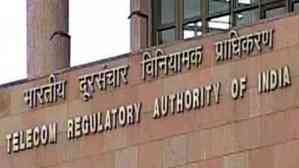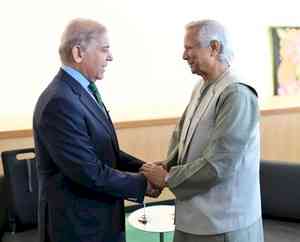US tariffs on chips: India unlikely to experience any major short-term consequences
India is unlikely to experience any major short-term consequences due to the US tariff on semiconductors, as it is not a major exporter of chips to Washington, the industry body said on Thursday.

New Delhi, Feb 20 (IANS) India is unlikely to experience any major short-term consequences due to the US tariff on semiconductors, as it is not a major exporter of chips to Washington, the industry body said on Thursday.
Moreover, India's import duty on semiconductors is already zero, meaning there are no reciprocal tariff concerns, according to Ashok Chandak, President, the India Electronics and Semiconductor Association (IESA).
Most of India's upcoming semiconductor manufacturing and Outsourced Semiconductor Assembly and Test (OSAT) facilities cater to global brands.
India's increasing domestic semiconductor demand will rely on locally manufactured chips, minimising reliance on imports.
In the long run, Indian semiconductor brands will not be at a major disadvantage, as the US tariff is expected to apply uniformly to all exporting nations, said Chandak.
The imposition of a 25 per cent or higher tariff on semiconductors by the Donald Trump administration in the US is expected to have significant consequences for the global semiconductor industry.
This move will impact costs, supply chains, innovation, and geopolitical relations, shaping the industry’s future in multiple ways.
A 25 per cent tariff will significantly increase the cost of semiconductors imported into the US, particularly from Taiwan, South Korea, and China, which dominate global chip manufacturing.
The additional costs will likely be passed on to consumers, making smartphones, laptops, electric vehicles, and industrial electronics more expensive.
Companies that depend on semiconductor imports, such as Apple, NVIDIA, and Tesla, will face increased production costs, potentially leading to reduced profit margins or higher consumer prices, according to the IESA.
Companies may diversify their supply chains by sourcing chips from tariff-free regions or increasing domestic investments to mitigate risks.
Semiconductor fabs are among the most complex and expensive industrial facilities to build, costing between $10 billion and $25 billion per site.
"Companies must carefully evaluate multiple factors before making investment decisions, including talent availability, tax policies, regulatory frameworks, and environmental and labour market conditions," said the industry body.
--IANS
na/svn



 IANS
IANS 








